
10 Warning Signs of Stroke One Month Before - Unbelievable Signs... Revealed!
10 Early Warning Signs of a Stroke You Should Never Ignore
A stroke can strike without warning, but in many cases, your body sends subtle signals days, weeks, or even a month in advance. Recognizing these early signs is crucial—they can be life-saving. Early detection allows for timely medical intervention, which can significantly reduce the risk of permanent brain damage or even death. Here are 10 warning signs that may indicate a stroke is approaching.

1. Frequent Headaches or Migraines
Persistent or unusually intense headaches, especially ones that don't respond to typical pain relievers, can be a red flag. While headaches are common, recurring ones that appear suddenly and are accompanied by dizziness, blurred vision, or confusion should not be ignored. These may indicate restricted blood flow to the brain, a potential precursor to a stroke.
2. Sudden Vision Problems
Experiencing sudden blurry vision, double vision, or even temporary blindness in one or both eyes could signal a stroke in development. These symptoms can occur due to disrupted blood supply to the part of the brain responsible for visual processing. Don’t dismiss visual disturbances, especially if they happen out of the blue or alongside other symptoms.
3. Unexpected Dizziness and Loss of Balance
Feeling lightheaded, unsteady, or having difficulty walking without an obvious cause can point to a neurological issue. Stroke can affect the brain’s coordination centers, leading to trouble with balance, even when you’re standing still or moving slowly. If you notice vertigo or frequent stumbling, it’s time to consult a doctor.
4. Tingling or Numbness in Limbs
Numbness, weakness, or a “pins and needles” sensation in the arms, legs, or face—especially when it occurs on just one side of the body—is a classic warning sign of a stroke. This can signal a blockage in the brain that’s already beginning to affect motor control. Even if the sensation passes, it should be taken seriously.
5. Slurred Speech or Trouble Understanding Speech
One of the most common stroke warning signs is suddenly struggling to speak clearly, form sentences, or understand what others are saying. You might feel as though your thoughts are clear, but the words don’t come out right. This kind of language disruption is an urgent neurological red flag.
6. Unexplained Fatigue or Muscle Weakness
Feeling constantly drained, sluggish, or unusually tired—especially when accompanied by weakness on one side of the body—can signal decreased oxygen and blood flow to the brain. If your fatigue is paired with difficulty moving a limb or drooping facial muscles, seek help immediately.
7. Short-Term Memory Loss or Mental Fog
Struggling to recall recent events, feeling mentally “cloudy,” or having trouble focusing can be more than just a sign of stress or aging. These cognitive disruptions may result from small clots or reduced brain activity that precedes a stroke. Monitor these symptoms closely, especially if they’re new or worsening.
8. Difficulty Swallowing (Dysphagia)
If swallowing food or liquids becomes unexpectedly difficult or uncomfortable, it could be a sign that a stroke is interfering with the nerves and muscles in your throat. This symptom is often overlooked, but it’s important to take it seriously, particularly if it happens along with speech or balance issues.
9. High Blood Pressure and Chest Discomfort
Having high blood pressure is one of the biggest risk factors for stroke. If it's accompanied by irregular heartbeats, tightness in the chest, or unexplained pain or pressure, this could point to cardiovascular problems that increase stroke risk. Always monitor your blood pressure and get evaluated for any heart-related symptoms.
10. Sudden Mood Swings or Personality Changes
Changes in mood or behavior, such as increased anxiety, irritability, sudden sadness, or confusion without an apparent reason, could reflect underlying brain changes due to restricted blood flow. When these emotional shifts are out of character, they may be signaling something more serious than a bad day.
What Should You Do If You Notice These Symptoms?
If you or someone around you shows one or more of these warning signs—act immediately. Time is of the essence when it comes to strokes. Quick medical attention can prevent major damage or even save a life. Don’t wait for symptoms to go away. Call emergency services and get to the hospital right away.
Stay Proactive, Stay Informed
Being aware of these early signs and listening to your body can make all the difference. Maintain regular check-ups, especially if you have risk factors like high blood pressure, diabetes, or a family history of stroke. A healthy lifestyle, combined with awareness, gives you the best chance at preventing a stroke before it strikes.
News in the same category

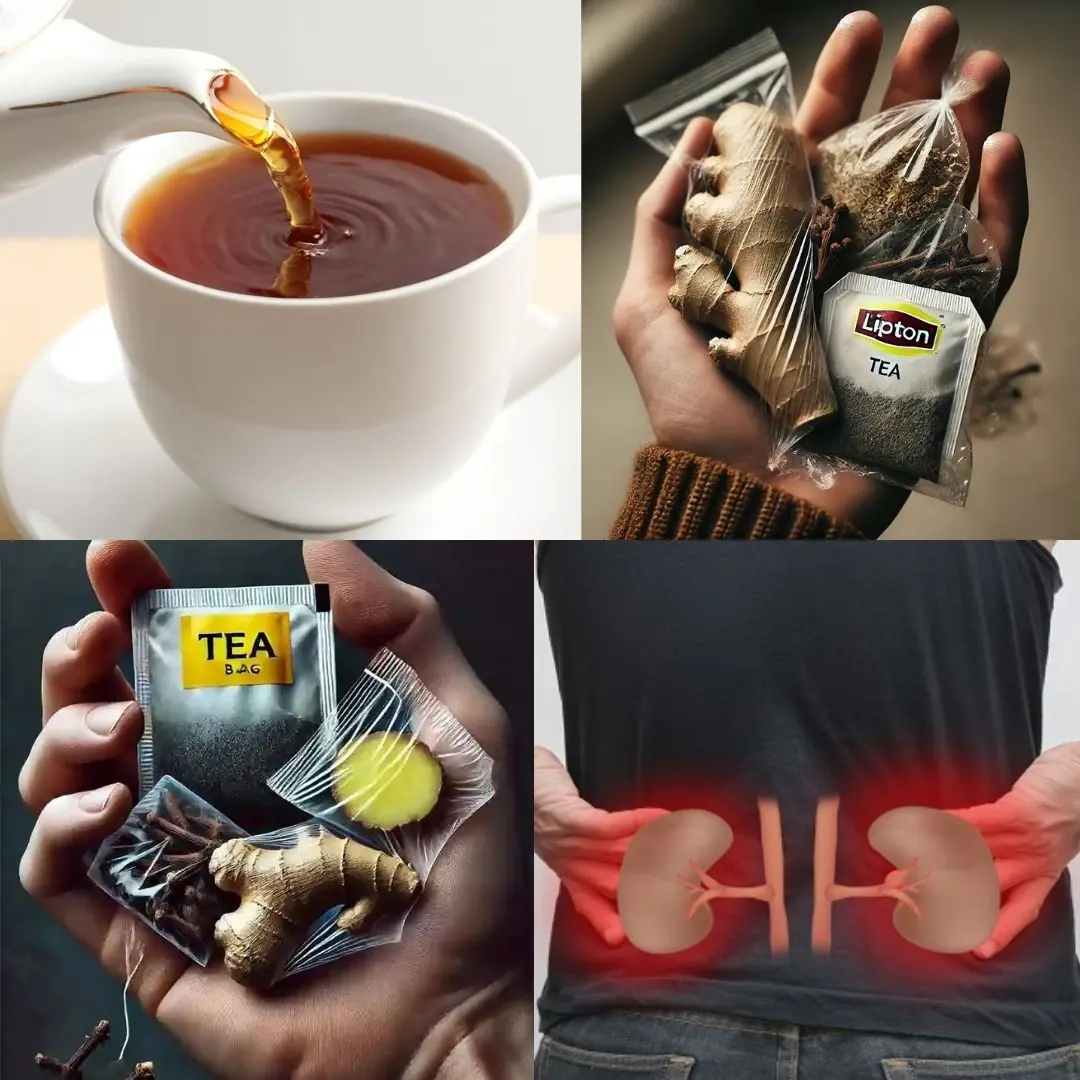
Cloves, Ginger, and Lipton Tea: A Health-Boosting Trio
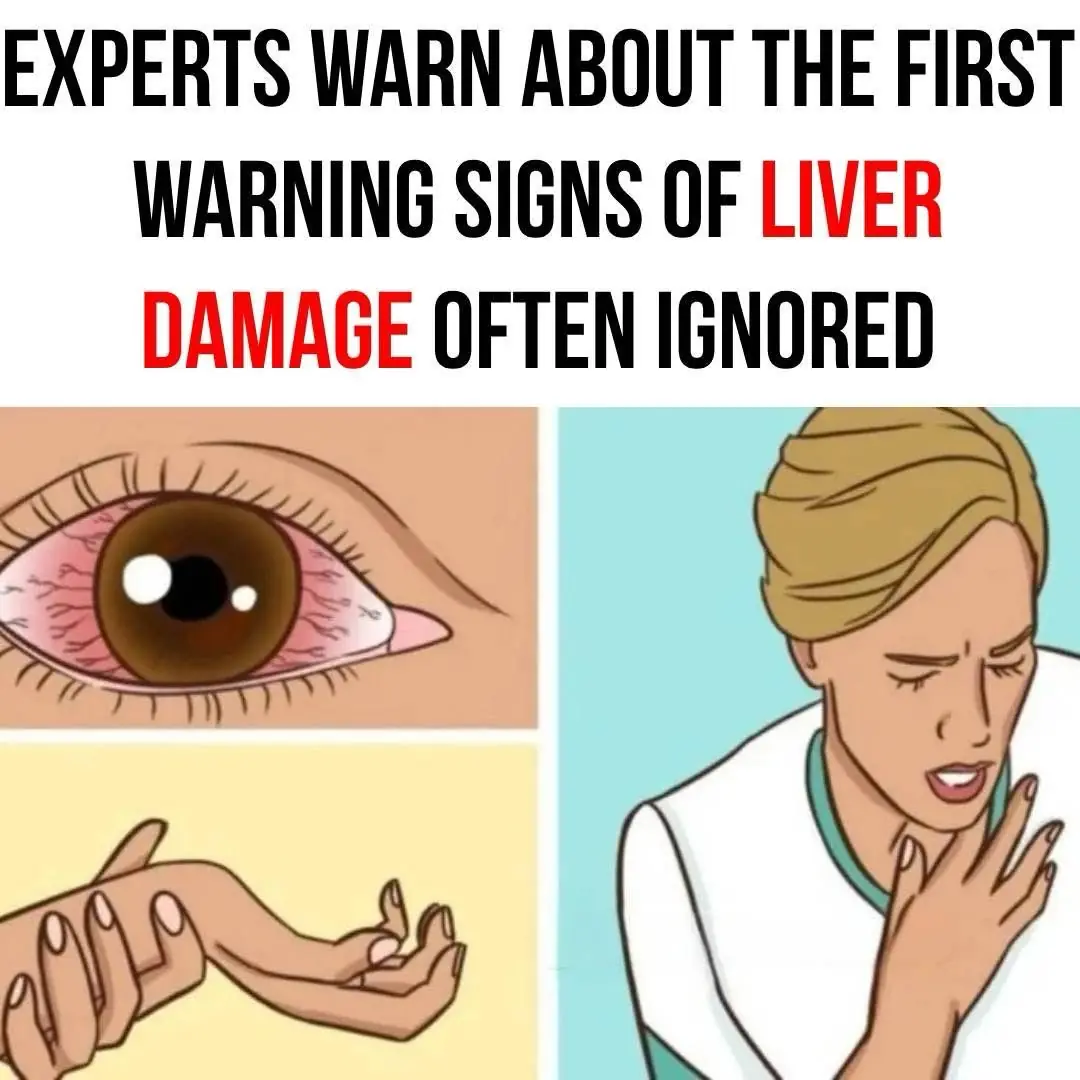
5 Early Signs of Liver Damage You Should Look Out For
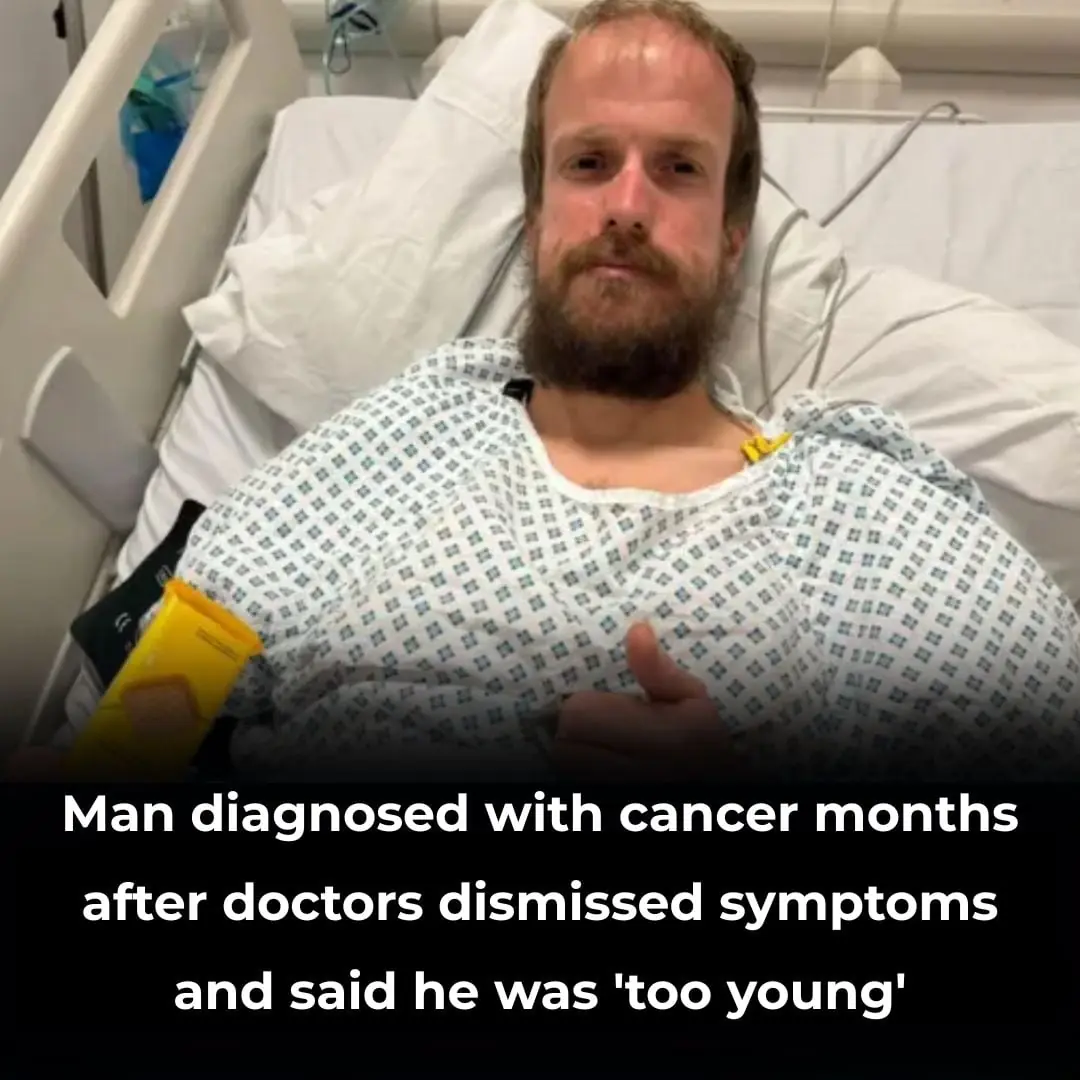
Man diagnosed with cancer months after doctors dismissed symptoms and said he was ‘too young’
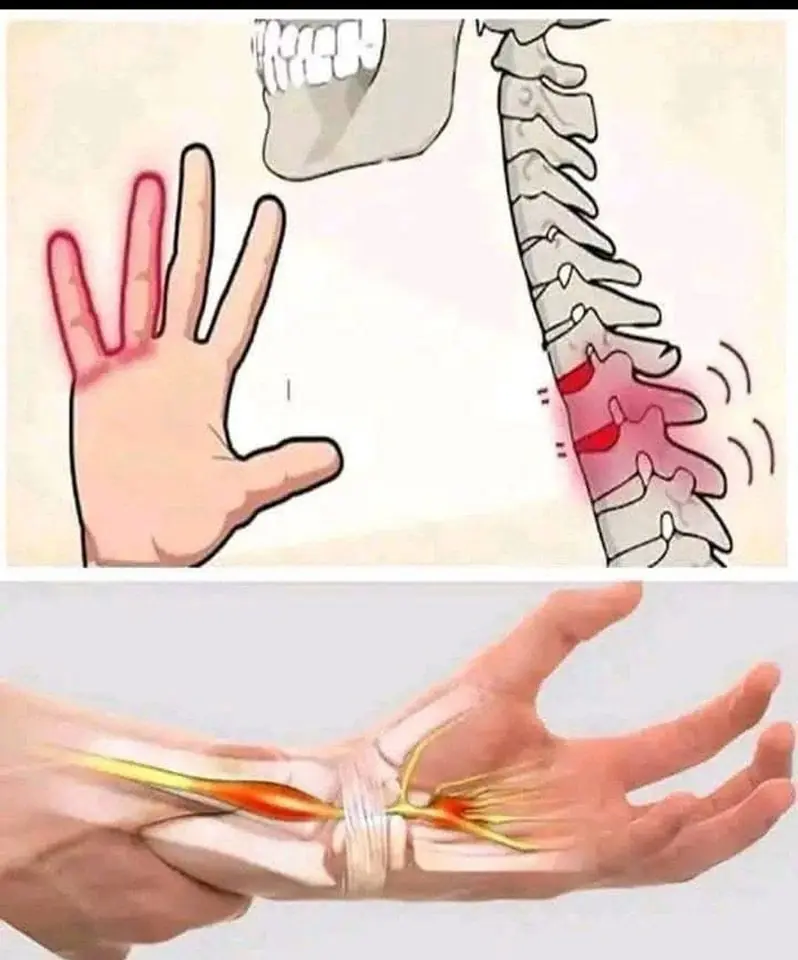
Tingling Sensation In Your Body: Why Does It Happen

Why Do Some People Remember Their Dreams More Than Others?
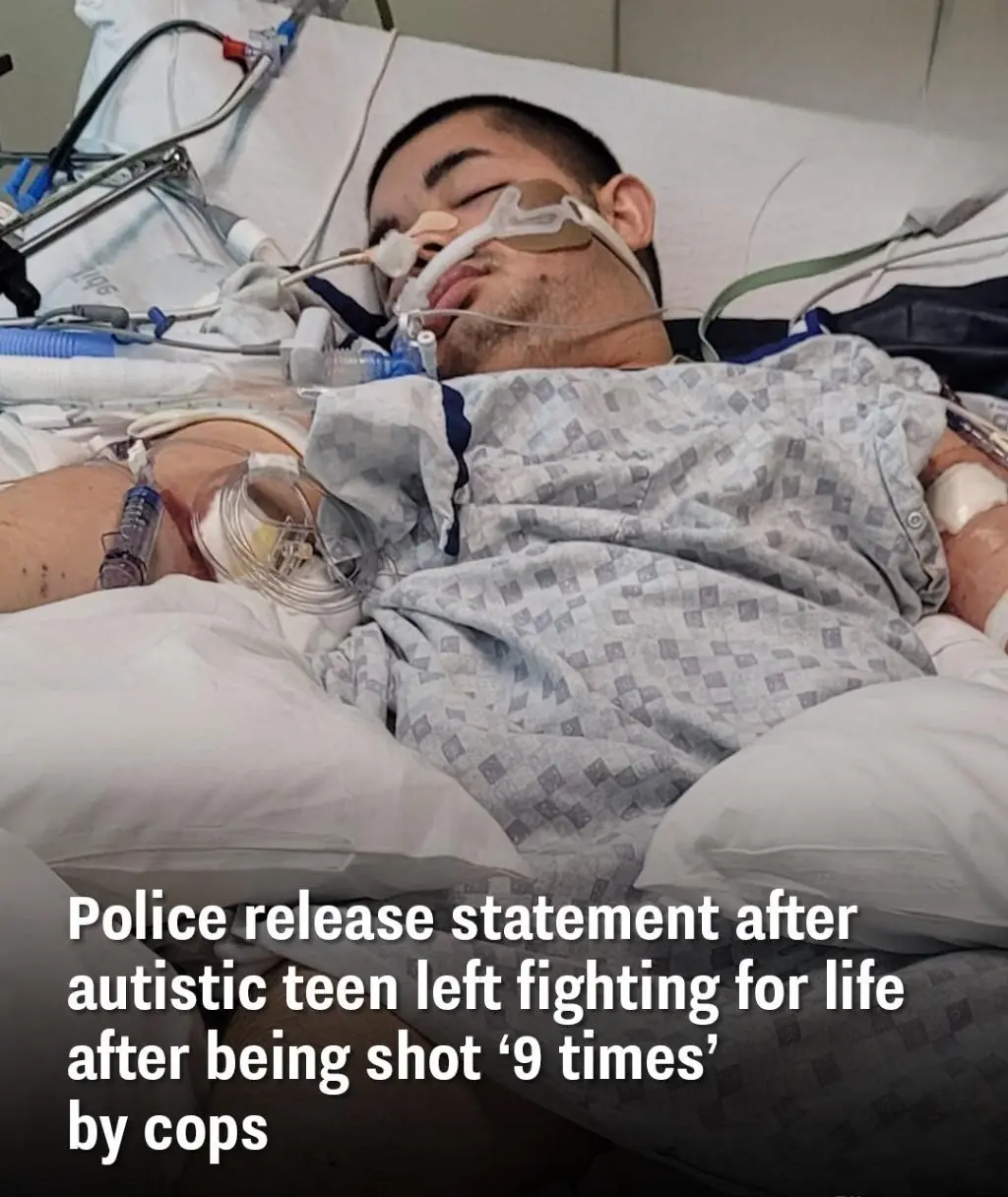
Police release statement after autistic teen left fighting for life after being shot '9 times' by cops
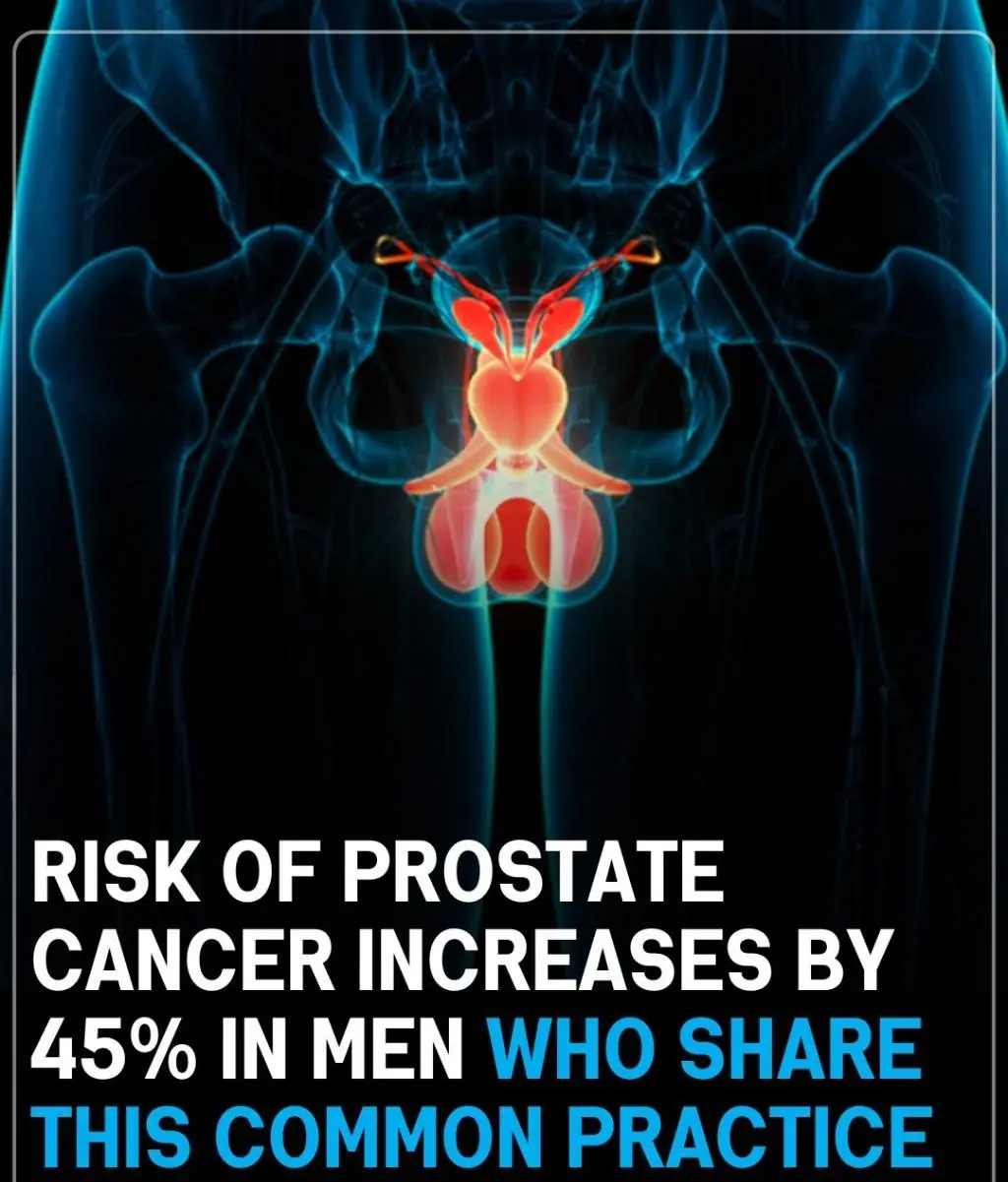
Risk Of Prostate Cancer Increases By 45% In Men Who Share This Common Practice
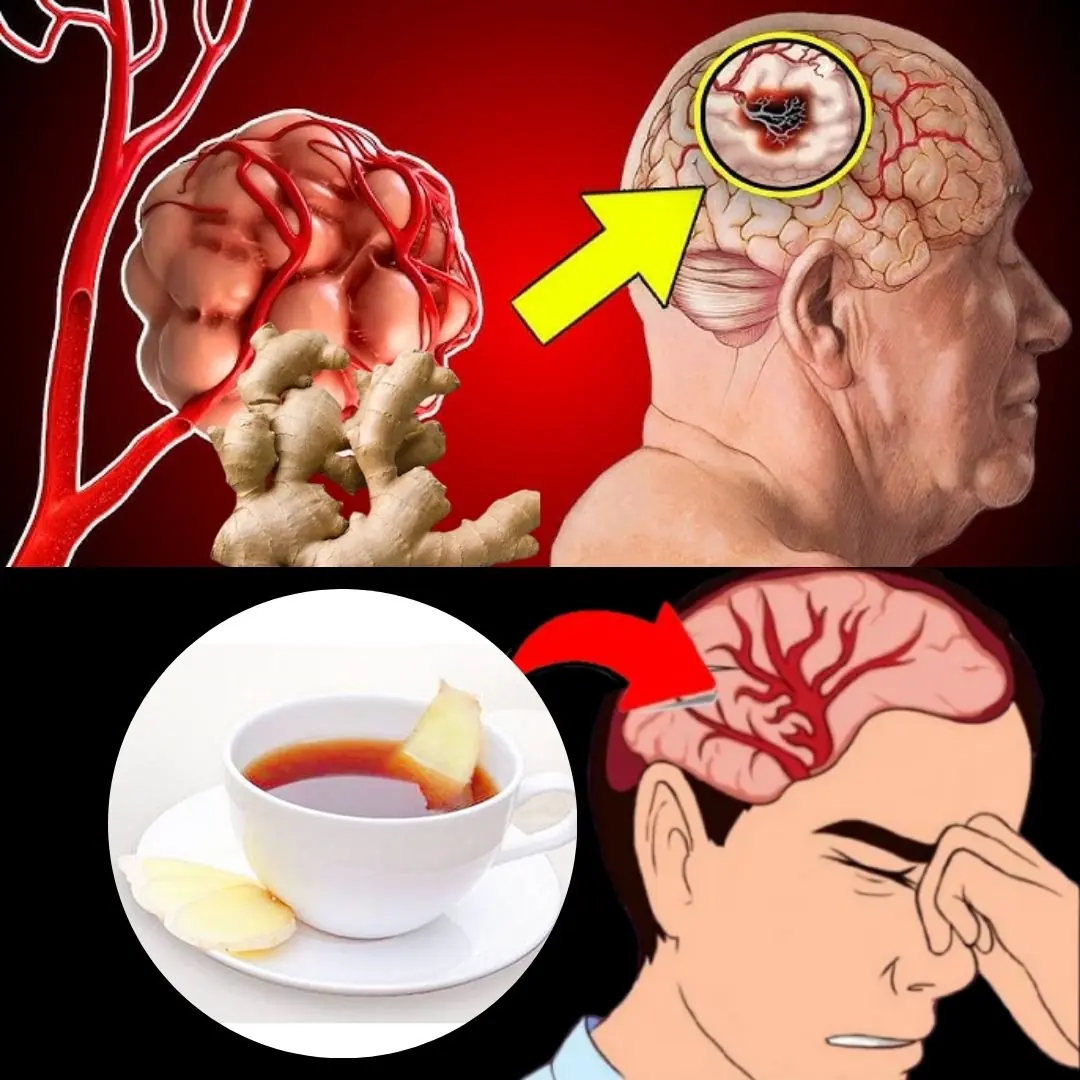
Better Than Aspirin! Ginger Tea Prevents Clots Naturally

Scientists Rejuvenate Skin Of 53-Year-Old Woman To That Of 23-Year-Old In Groundbreaking Experiment

Experts claim there's a 'golden hour' for when you should sleep that could make you live longer
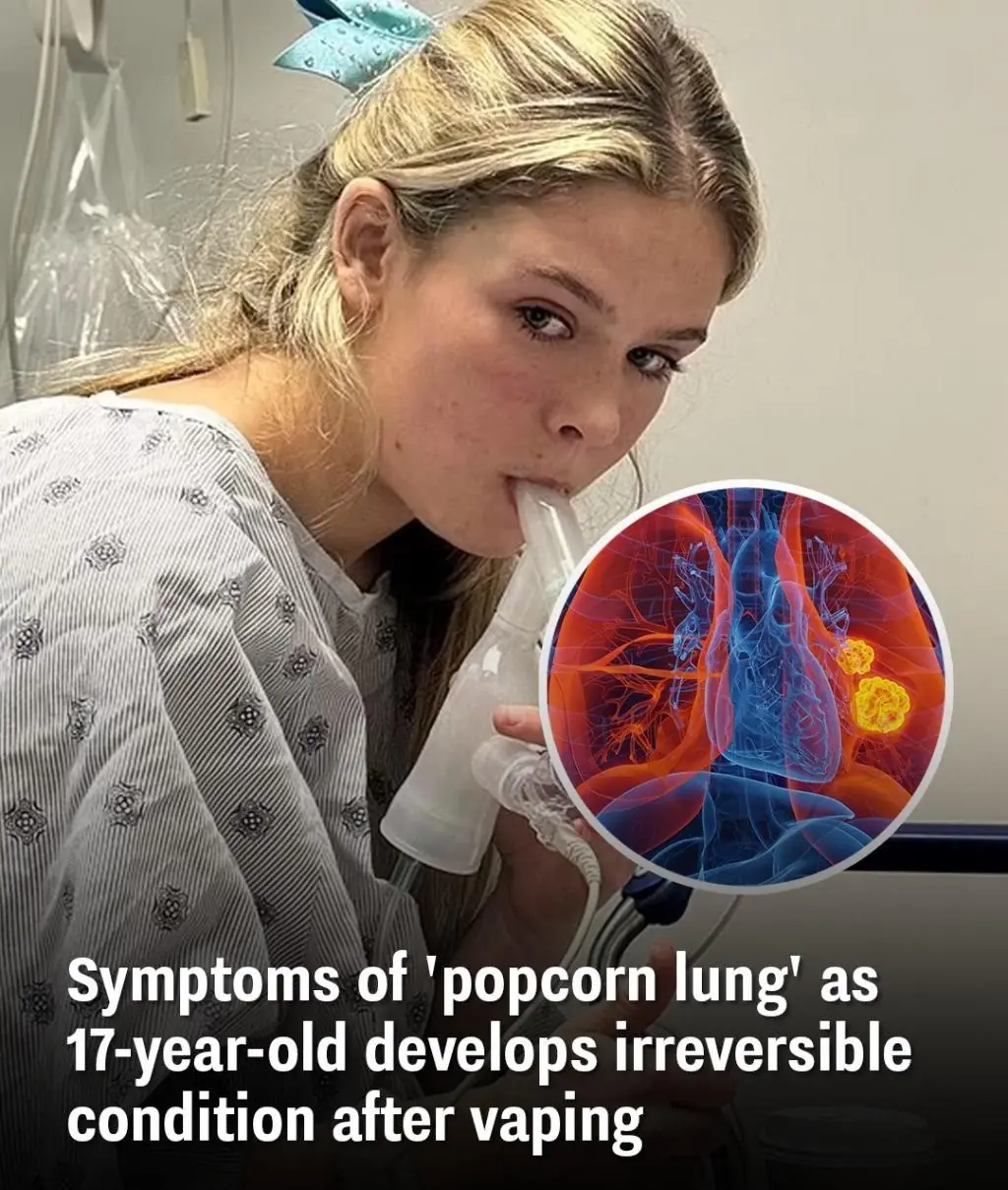
Symptoms of 'popcorn lung' as 17-year-old develops irreversible condition after vaping

Woman who ate entire blocks of butter every day for the past 5 years shares surprising alleged bloodwork results
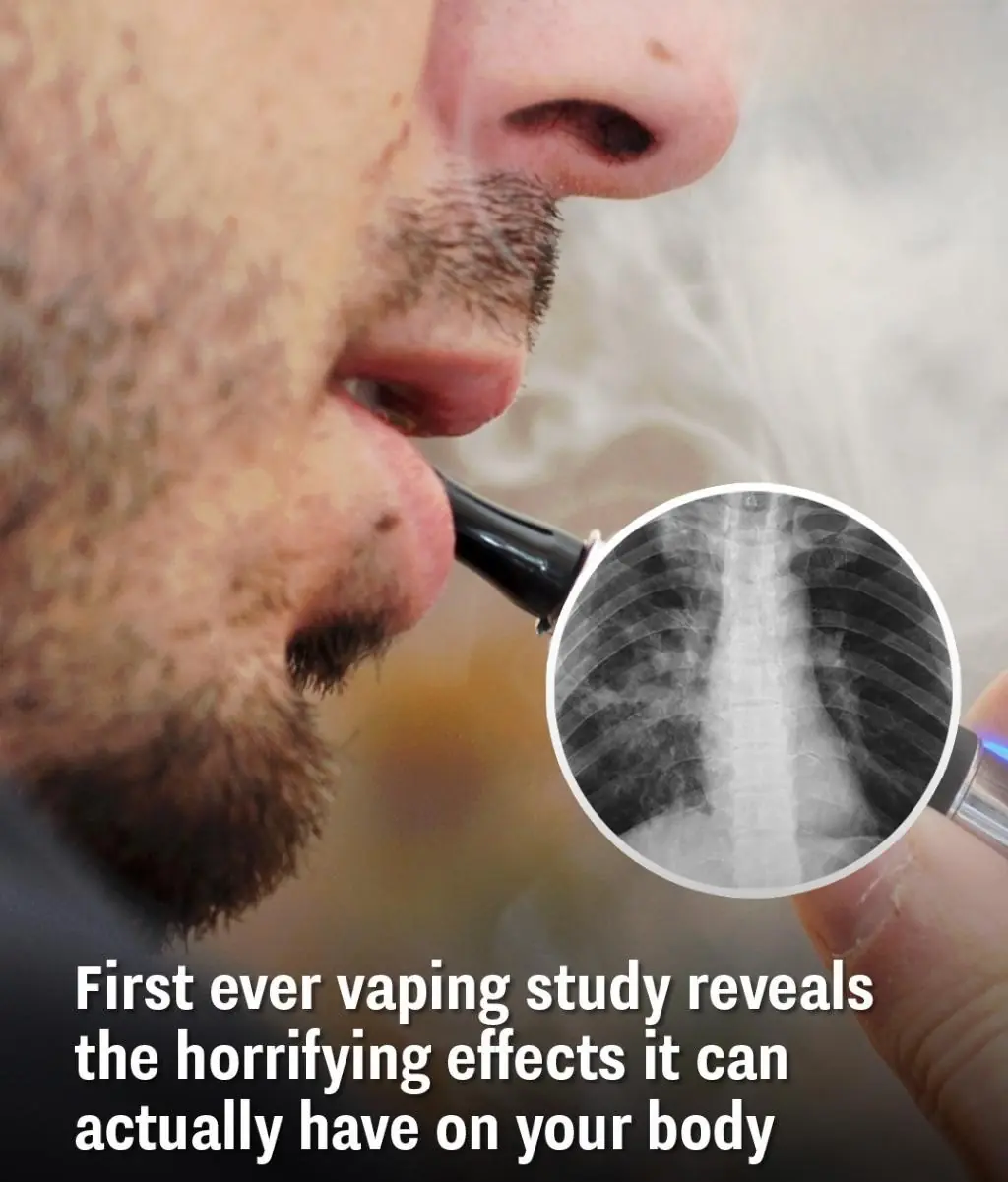
First ever vaping study reveals the horrifying effects it can actually have on your body

New Study Finds That Cuddling Can Calm You, Reduce Stress, And Strengthen Your Heart

Study finds that eating one common 'superfood' could cut Alzheimer's disease risk by almost 50%

According To A Study, Millennials And Gen Xers Are More Likely To Have Cancer Than Older Generations

Things That No One Ever Tells You About Being A Functional Alcoholic

Signs You’re Lacking in Vitamin D and How to Get More To Boost Your Immunity
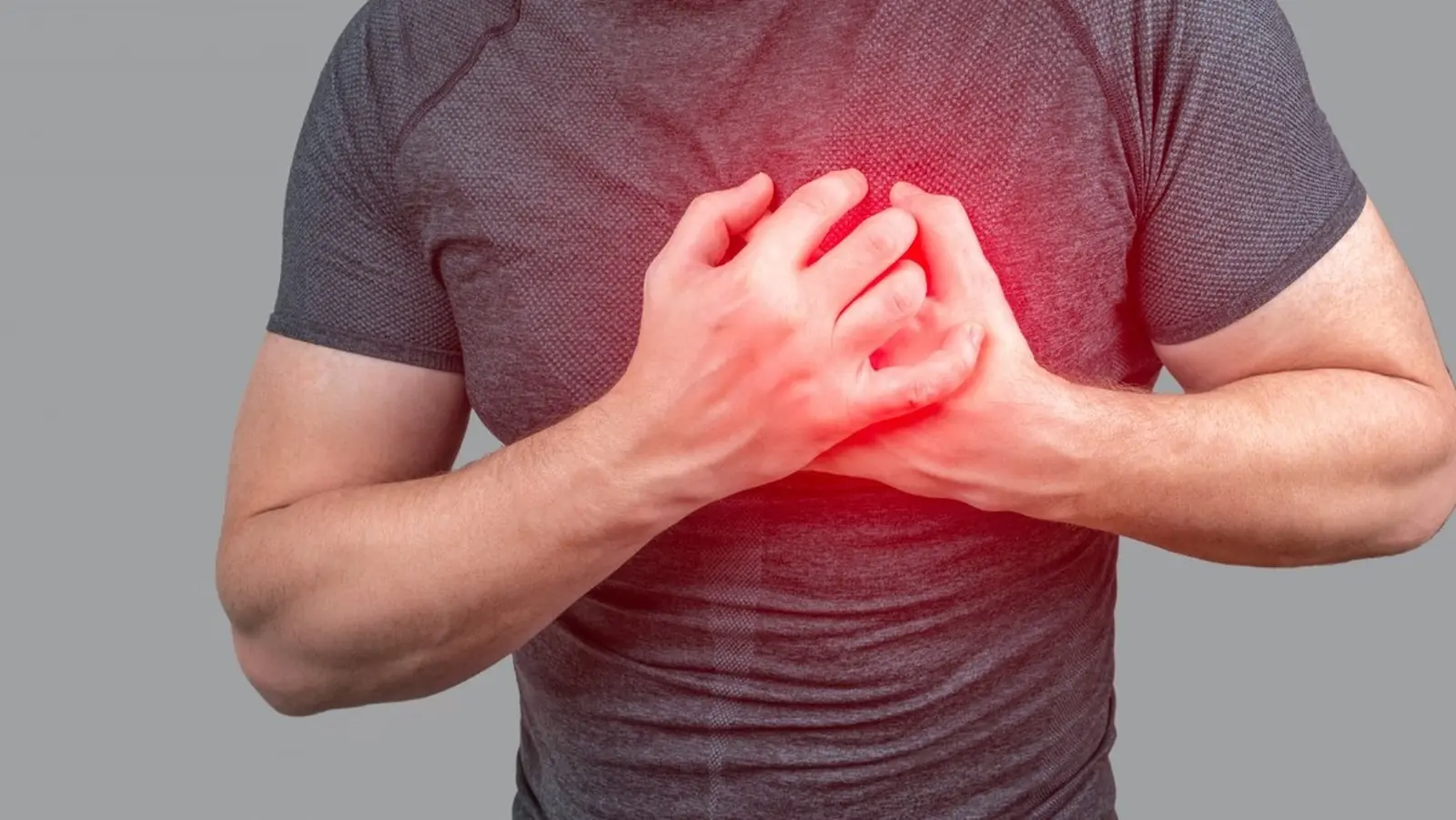
The Reason You May Get Random Stabbing Pains in Your Chest Explained
News Post

Expert Unveils the Four 'Worst' Drinks for Your Heart and Why You Should Steer Clear

Cloves, Ginger, and Lipton Tea: A Health-Boosting Trio

5 Early Signs of Liver Damage You Should Look Out For

Man diagnosed with cancer months after doctors dismissed symptoms and said he was ‘too young’

Tingling Sensation In Your Body: Why Does It Happen

Why Do Some People Remember Their Dreams More Than Others?

Police release statement after autistic teen left fighting for life after being shot '9 times' by cops

Risk Of Prostate Cancer Increases By 45% In Men Who Share This Common Practice

Better Than Aspirin! Ginger Tea Prevents Clots Naturally

Scientists Rejuvenate Skin Of 53-Year-Old Woman To That Of 23-Year-Old In Groundbreaking Experiment

Experts claim there's a 'golden hour' for when you should sleep that could make you live longer
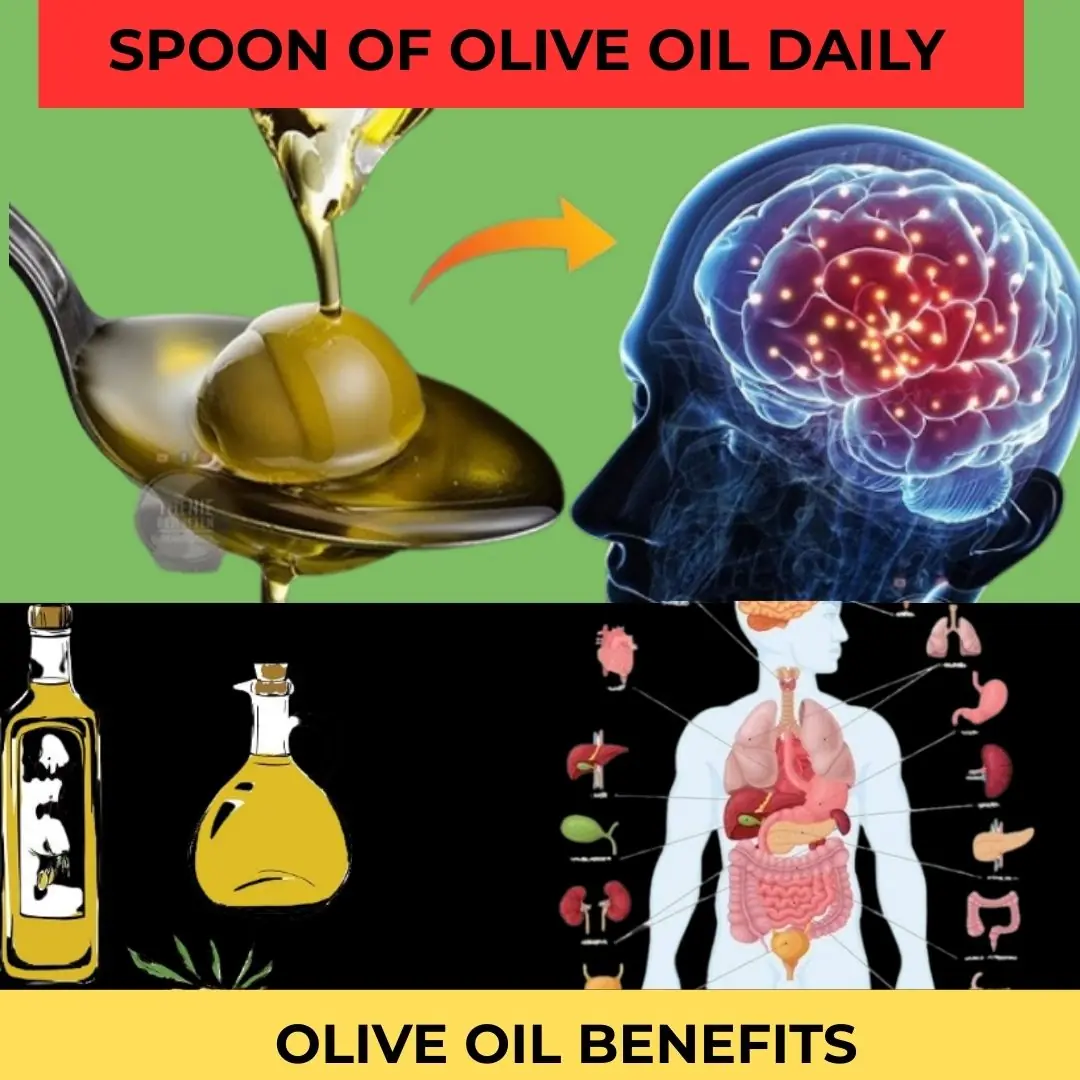
Start Your Day Right: The 10 Incredible Benefits of Drinking Olive Oil Every Morning

My Dad Said Something Before He Took His Last Breath—And I Can’t Shake It

A weekend with grandma changed my son—but at what cost?

My Best Friend Stole My Husband—Ten Years Later, She Called Me Screaming His Darkest Secret

My fiancé and his mom demanded i wear a red wedding dress — but i had a better idea.

My MIL Demanded to Share a Hotel Room with My Husband During Our Anniversary Trip

My Parents Abandoned Me and My Younger Siblings When I Was 15 — Years Later They Knocked on My Door Smiling

It was late afternoon when 16-year-old Jake walked through the front door
